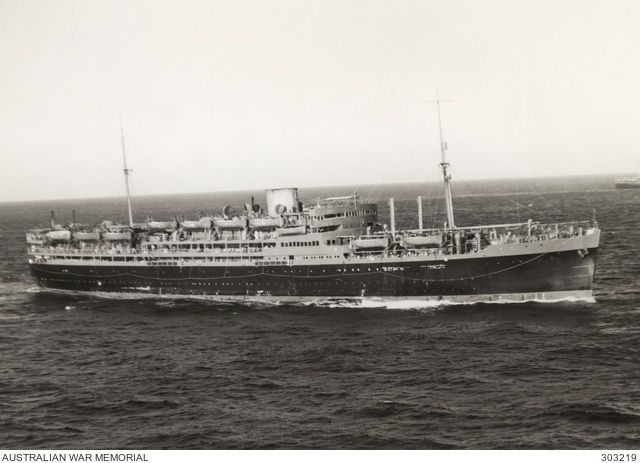A fortuitous decision
- Joanne Tapiolas
- Apr 18, 2025
- 3 min read
Celeste Servini was born in Bardi (Parma) Italy on the 16th October 1914. At the time of his arrest on the 10th June 1940 Celeste was a café proprietor and living at 3 The Square Blackwood, Monmouthshire, South Wales.
His father Marcello had arrived in South Wales in 1902 to work in a colliery as a blacksmith, saved his money and established cafes, fish shops and a gym in the district.
Celeste married Hilda Rowlands in 1937 and like other UK Italian internees, made a point of referencing his wife as ‘British’ on his documents. He shared part of his internment journey with his younger brother Lino; surviving the sinking of the Arandora Star, the 55-day journey to Australia on the Dunera, life behind barbed wire in Tatura Camps and Loveday Camps.
While in Loveday, South Australia on or just after the 12th January 1942, Celeste was advised through Major Layton that he had been approved to be returned to the UK for further investigation by the Advisory Committee. He departed Loveday Camp 10 on 19th January 1942. On the 26th January 1942 he arrived at Tatura Camp, Victoria via Broadmeadows Military Camp.
The timing of Celeste’s return to Tatura was fortuitous. On the 7th January 1942, the Commonwealth Government had agreed to allow release within Australia of internees held in Australia on behalf of the UK government. Particularly: As regards to fit men of military age a proposal is under consideration to give them the opportunity of voluntarily enlisting in the labour units of the Australian Military Forces. (NAA: 2908, P22 Part 8, 1942) This appears to be the first mention of the formation of the 8th Employment Company.




Comments